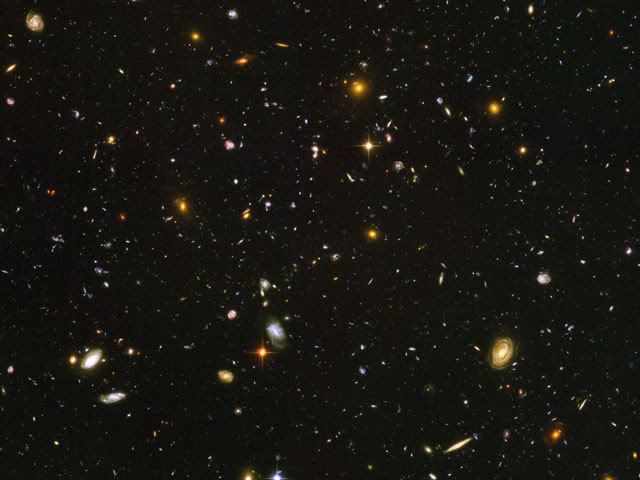“Right now most of the world is living under appalling conditions. We can’t possibly improve the conditions of everyone. We can’t raise the entire world to the average standard of living in the United States because we don’t have the resources and the ability to distribute well enough for that. So right now as it is, we have condemned most of the world to a miserable, starvation level of existence. And it will just get worse as the population continues to go up… Democracy cannot survive overpopulation. Human dignity cannot survive it. Convenience and decency cannot survive it. As you put more and more people onto the world, the value of life not only declines, it disappears. It doesn’t matter if someone dies. The more people there are, the less one individual matters.”
That’s from Bill Moyers interviewing Isaac Asimov in 1988.
fascinating video here – I had never seen this particular show before, did not know it existed until tonight.
What was true 20 years ago has not changed. It has become worse.
From Moyers web site today
* More than 854 million people in the world go hungry
* Every day, almost 16,000 children die from hunger-related causes – one child every five seconds
* Poor nutrition and calorie deficiencies cause nearly one in three people to die prematurely or have disabilities, according to the World Health Organization.
* 35.5 million people in the United States – including 12.6 million children-live in households that experience hunger or the risk of hunger.
* Undernourishment negatively affects people’s health, productivity, sense of hope and overall well-being. A lack of food can stunt growth, slow thinking, sap energy, hinder fetal development and contribute to mental retardation.
* Economically, the constant securing of food consumes valuable time and energy of poor people, allowing less time for work and earning income.
My concern is that these conditions will be getting much worse, (and from the data see I suspect changing quite rapidly as well), as climate change interferes with normal growing cycles, disease vectors and availability to obtain clean water for billions on this planet: what is an ‘inconvenient truth’ for us is a death sentence for perhaps billions who will not be able to cope.
The political upheaval we see today is nothing compared to what the future holds as climate change destroys the crucial infrastructure of areas where billions live.
Asimov said 20 years ago in the interview ..
.. you get the feeling somehow that Americans somehow are smarter somehow .. that what we consider a decent econmic system, freedom, free enterprise, that that alone “will do it for us” .. but not if we are lazy.
.. mixed in amongst the interview strikingly accurate views of the future
And then, he smacks George Bush for making comparisons between Harvard and Yale ..
..
..
That’s George Herbert Walker Bush, and Mike Dukakis he was talking about.
———–
I wish Asimov were still with us, to hear his wisdom again about where we are now.
We need bold leadership right now to address the issues that face us, and there are still too few voices.

